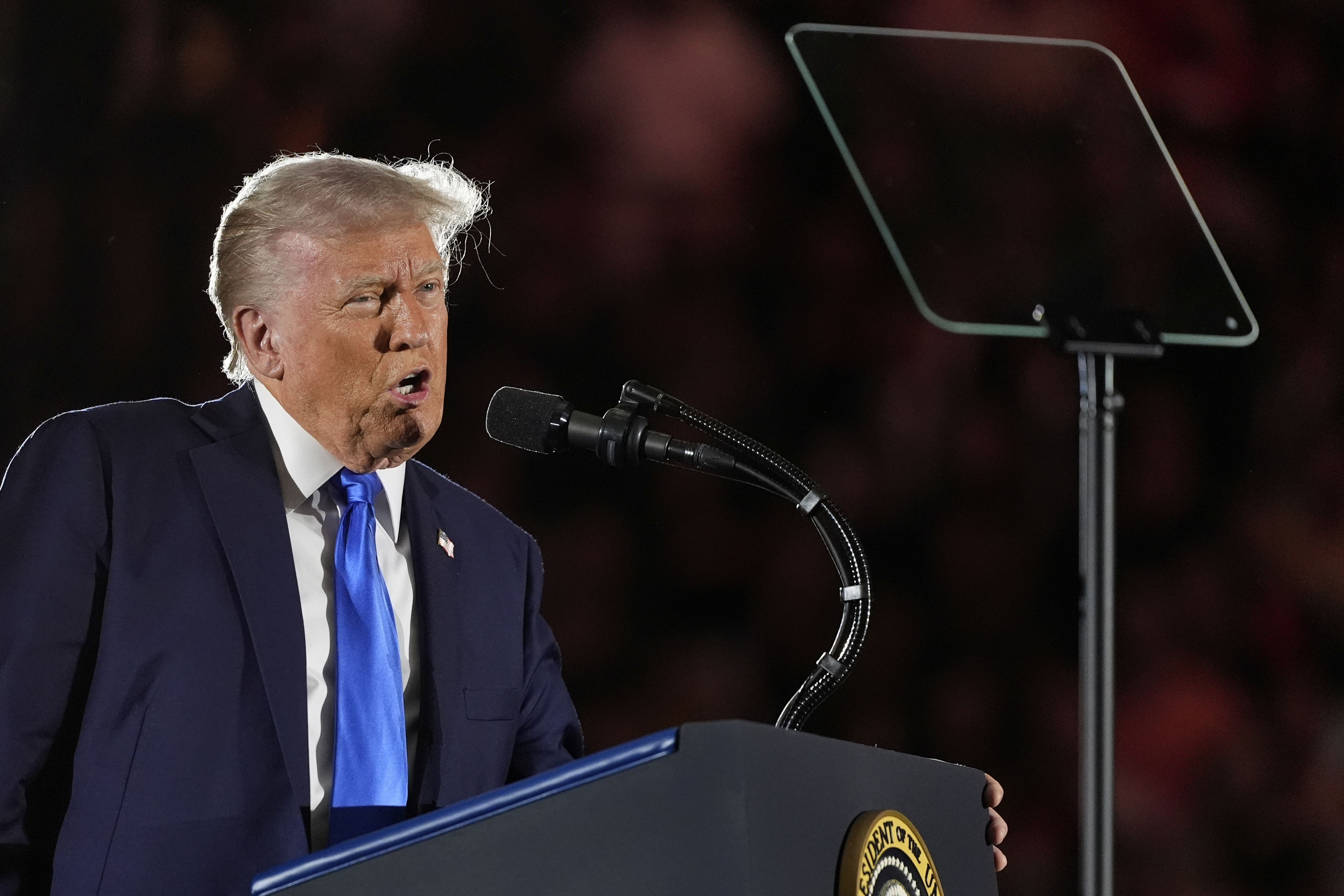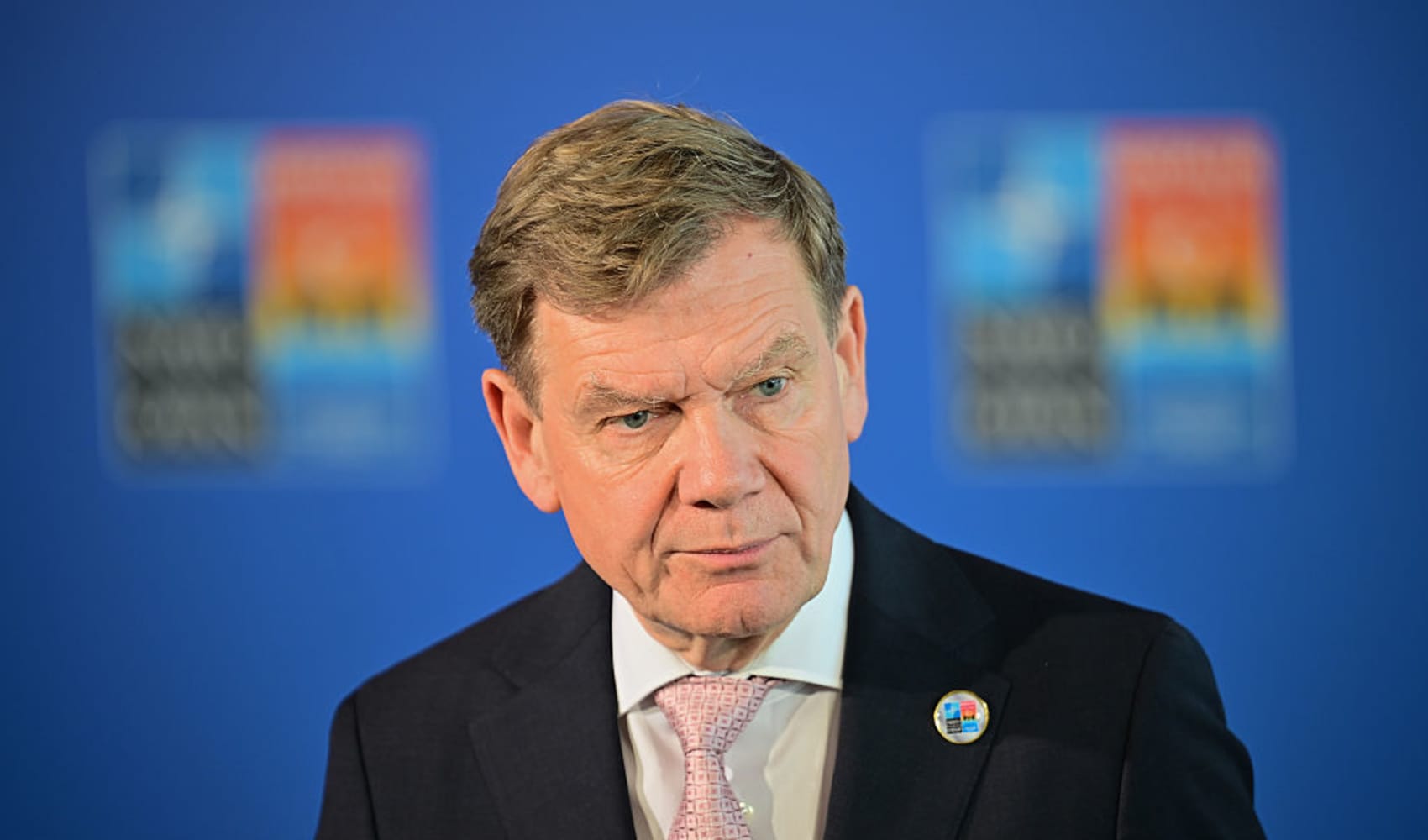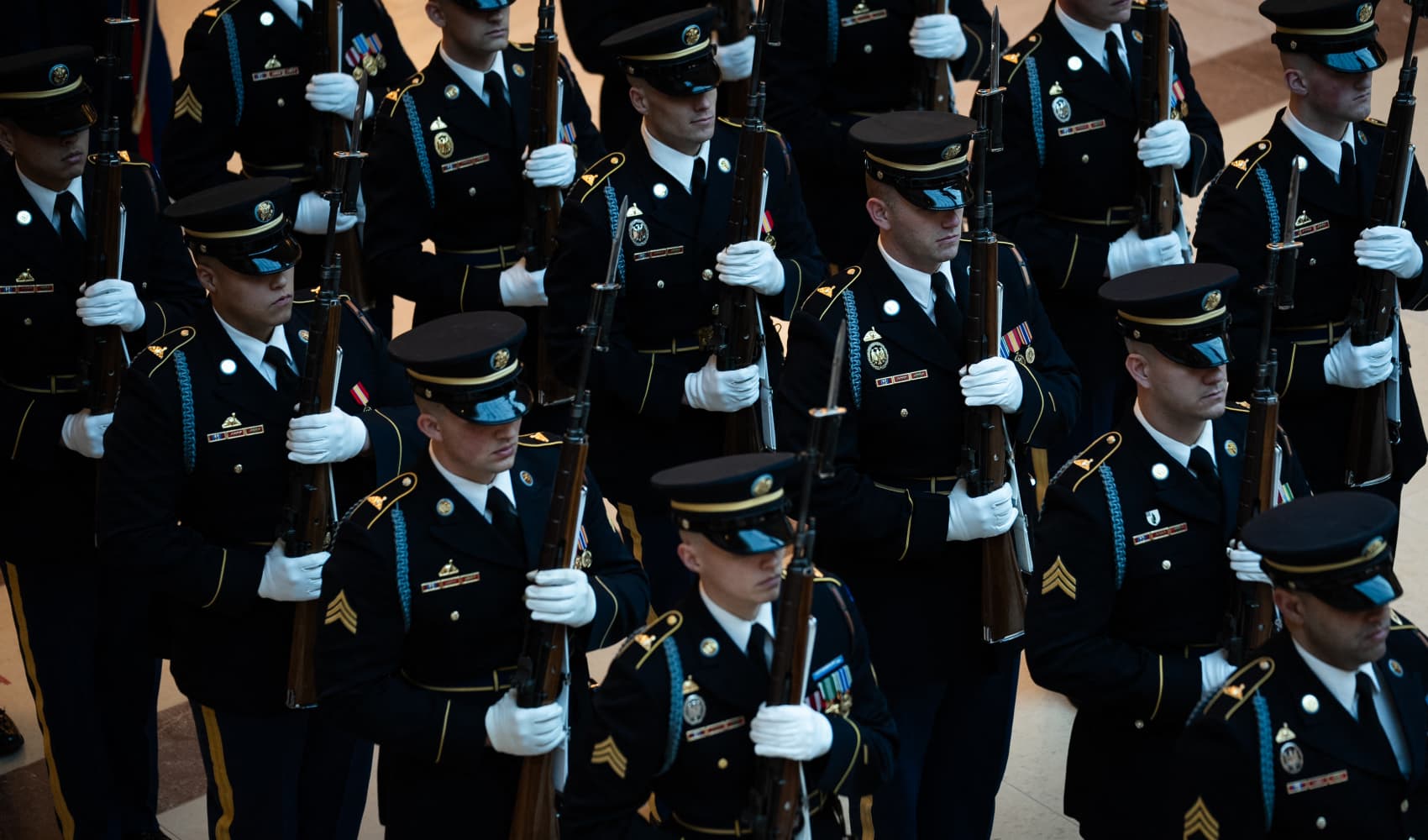Trump Budget Cuts: Impact on Health, Education, Energy?
Trump's Budget Blueprint: Raids on Health, Education, and Clean Energy?
Introduction: The Proposed Cuts That Have Everyone Talking
Alright, folks, let's dive into something that's got everyone buzzing: President Trump's proposed budget. We're not talking about pocket change here; we're talking about potentially seismic shifts in how our tax dollars are spent, especially when it comes to health, education, and clean energy. So, what's the deal? This proposal outlines some pretty significant cuts to domestic programs, all while boosting military spending. It's a budget that's sure to spark some heated debates, and we're here to break it all down for you.
Discretionary Funding: Where's the Money Going?
The headline figure? A proposed 23% cut to discretionary funding. Now, what does that even *mean*? Discretionary funding is basically the money Congress gets to decide where to spend each year, unlike mandatory spending like Social Security. Think of it like this: it's the part of the budget pie that Congress can slice up how they see fit. But here's the kicker: while domestic programs are facing the chopping block, military spending is slated for a 13% increase. It's a classic case of shifting priorities, but is it the right move for America's future?
Shifting Priorities: Guns vs. Butter
This shift from "butter" (social programs) to "guns" (military spending) is a recurring theme in political discourse. Is it about national security, or are there other factors at play? It's a complex question with no easy answers. What are the potential consequences of prioritizing military spending over domestic needs? Will it strengthen our nation, or create new problems down the line?
Public Broadcasting Under Fire: Goodbye NPR and PBS?
President Trump's executive order targeting public funding for National Public Radio (NPR) and PBS has sent shockwaves through the media landscape. He argues it's to stop "biased and partisan news coverage," but critics see it as an attack on independent media. Is this a legitimate attempt to combat bias, or a way to silence dissenting voices?
The Future of Public Media: A Nation Without Sesame Street?
Imagine a world without Sesame Street, without NPR's in-depth reporting. It's a scary thought for many. What role do these organizations play in our society, and what would we lose if they were defunded? It's not just about the shows we watch or the news we hear; it's about the impact on education, culture, and civic engagement.
Higher Education: Harvard in the Crosshairs
The feud between the Trump administration and Harvard University is getting personal. Trump has threatened to revoke Harvard's tax-exempt status, alleging the university isn't doing enough to address antisemitism on campus. Is this a fair assessment, or is it politically motivated?
Tax-Exempt Status: A Privilege or a Right?
Tax-exempt status is a valuable asset for universities like Harvard, allowing them to operate without paying taxes on their income. But is it a privilege that should be revoked if they don't meet certain standards? What are the criteria for maintaining tax-exempt status, and how should they be enforced?
Health Programs: What's on the Chopping Block?
While specifics are still emerging, expect significant cuts to various health programs. How will these cuts impact access to healthcare for vulnerable populations? Will it lead to increased health disparities and a decline in public health outcomes?
The Ripple Effect: Impact on Communities
Cuts to health programs aren't just numbers on a spreadsheet; they have real-world consequences for individuals and communities. Think of the local clinics that depend on federal funding to provide essential services. What happens when that funding dries up?
Education Initiatives: A Step Backward?
Expect to see reductions in federal funding for education initiatives, potentially impacting everything from teacher training to student aid. Will these cuts exacerbate existing inequalities in the education system?
Investing in the Future: The Value of Education
Education is often touted as the great equalizer, the key to unlocking opportunities and building a brighter future. Are we shortchanging future generations by cutting funding for education? What are the long-term consequences of these decisions?
Clean Energy: Abandoning the Fight Against Climate Change?
Proposed cuts to clean energy programs signal a potential shift away from addressing climate change. Is this a responsible approach, or are we ignoring the looming threat of environmental disaster?
The Green Economy: A Lost Opportunity?
The clean energy sector is a growing industry with the potential to create jobs and drive economic growth. Are we missing out on a valuable opportunity by scaling back investments in clean energy?
Nonfarm Payroll: The Economy's Pulse
(Content truncated here, but would discuss impact on employment and economic indicators)
The Economic Impact: Who Wins, Who Loses?
Budget cuts have winners and losers. Who benefits from increased military spending, and who suffers from cuts to social programs? How will these decisions impact the overall economy, both in the short term and the long term?
A Zero-Sum Game? The Politics of Budgeting
Budgeting is inherently political. It's about making choices, setting priorities, and deciding who gets what. Is it possible to create a budget that benefits everyone, or is it always a zero-sum game?
The Political Battleground: What's Next?
Trump's budget proposal is just the opening salvo in a long and complicated political battle. Congress will have its say, and the final outcome is far from certain. What are the key sticking points in the negotiations, and what compromises are likely to be made?
The Art of the Deal: Negotiating the Budget
Budget negotiations are often described as a high-stakes game of brinkmanship. What strategies will be used, and what tactics will be deployed? Will it be a collaborative process, or a partisan showdown?
Public Opinion: What Do Americans Think?
Ultimately, the success or failure of Trump's budget proposal will depend on public opinion. What do Americans think about the proposed cuts to health, education, and clean energy? Will they support the shift in priorities, or will they demand a different approach?
The Power of the Vote: Making Your Voice Heard
In a democracy, the power ultimately rests with the people. How can citizens make their voices heard on these critical issues? Voting, contacting elected officials, and engaging in public discourse are all essential tools for shaping the future of our nation.
Conclusion: A Budget Proposal with Far-Reaching Implications
So, there you have it. Trump's budget proposal is a bold statement of priorities, but it's also a controversial plan that could have far-reaching implications for health, education, clean energy, and the overall economy. Whether you agree with it or not, it's important to understand the details and engage in the debate. The future of our nation depends on it.
Frequently Asked Questions (FAQs)
- Q: What is discretionary funding?
- A: Discretionary funding is the portion of the federal budget that Congress decides how to allocate each year through the appropriations process. This contrasts with mandatory spending, which is determined by existing laws.
- Q: How would cuts to NPR and PBS affect communities?
- A: These cuts could reduce access to educational programming for children, limit access to diverse news sources, and impact local cultural institutions that rely on public broadcasting funding.
- Q: What could happen if Harvard loses its tax-exempt status?
- A: Harvard would be required to pay taxes on its income, potentially impacting its ability to fund scholarships, research, and other educational programs.
- Q: How might cuts to clean energy programs affect the environment?
- A: Reduced funding for clean energy initiatives could slow down the transition to renewable energy sources, potentially exacerbating climate change and its related impacts.
- Q: What can I do to voice my opinion on the budget proposal?
- A: You can contact your elected officials, participate in town hall meetings, engage in public discourse, and vote in elections.


